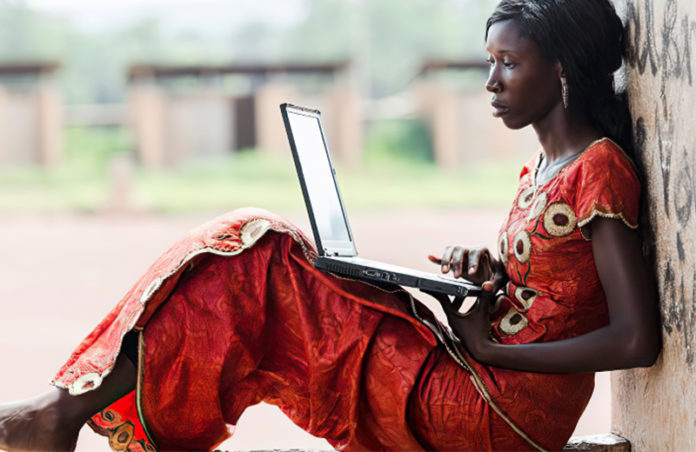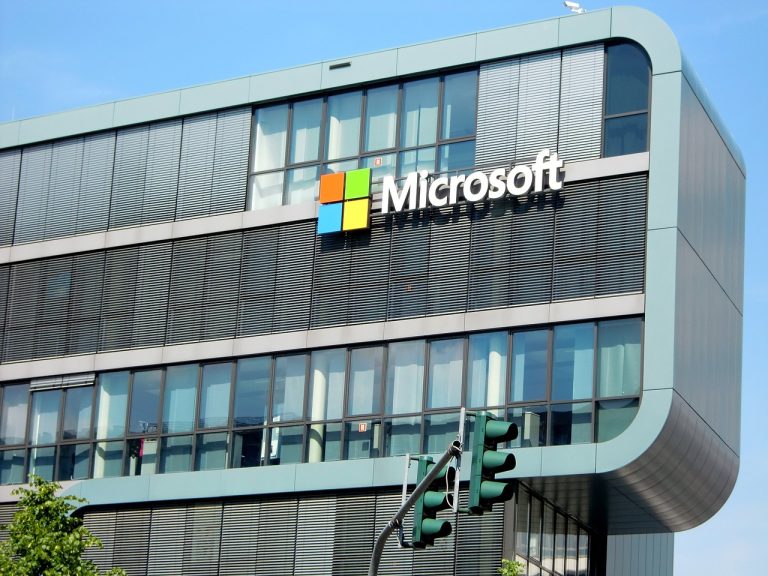Why African technology may benefit from the loss of US aid funds

At least temporarily, Africa is losing international venture capital money at the same time that it is losing US development funding. This isn’t good. However, as local capital comes up to the plate, the African IT sector may learn to stand on its own two feet, which could be a long-term benefit.
President Trump signed an executive order in February to close USAID, which has invested over $100 million in Kenyan firms like Pula Advisors, BasiGo, and Maisha Meds through its Development Innovation Ventures (DIV) during the last ten years.
The US Africa Development Foundation (USADF), which has helped more than 1,000 companies in 22 African nations, then cut US$51 million in funding for startups and SMEs in Africa. The International Development Finance Corporation (DFC), which has given grants and loans to African entrepreneurs including M-KOPA, Twiga Foods, and Ilara Health, has no idea what the future holds.
All of this is made worse by the fact that venture capital financing is declining globally. As the effects of the global capital crisis continued to be felt on the continent, total investment into the African digital startup ecosystem dropped by more than half, to US$1.1 billion in 2024. This is in line with the 10th edition of the annual African Tech Startups Funding Report published by Disrupt Africa.
Over the year, 200 companies raised a total of US$1.1 billion, which is more than 100% less than 406 startups and more than 50% less than US$2.4 billion in 2023. The sector is seeing a decline for the second year in a row as a result of the global capital shortage.
Despite the short-term discomfort, these declining figures, both in terms of US grant assistance and largely international venture capital, may present Africa with a chance to eventually wean itself off of foreign and DFI finance.
The startup scene on the continent is incredibly robust and does not face the same severe structural issues as marketplaces in industrialized nations. The bubble has truly burst in Silicon Valley, exposing company models that were not long-term viable. This isn’t the situation in Africa, where companies usually cater to regions with plenty of demand, and more outside causes are to blame for the decline in valuations. Compared to their counterparts in developed markets, African entrepreneurs are far more capital efficient and accustomed to accomplishing more with less.
Therefore, money is all that is required. Additionally, local cash is becoming more and more necessary in light of the global slowdown and the demise of US development finance capital.
In a recent episode of “the month in VC,” Disrupt Africa’s regular podcast on the African venture capital space, Zachariah George, managing partner of the pan-African early-stage VC firm Launch Africa Ventures, stated that as foreign capital dries up, investors based in Africa are becoming more mature and playing a bigger role in the ecosystem than ever before.
“One of the important benchmarks is the fact that there’s been a much higher percentage of African family offices and African investors investing in tech startups in Africa, versus investors from the US, Europe, and Asia. I think for the very first time last year, if I’m not mistaken, the percentage of Africa-based funds investing in Series A and pre-Series A startups was higher than investors from outside of the continent, which is usually the hallmark of the start of a maturity cycle in the VC industry,” George said.
Instead of relying solely on US, European, and Asian venture capitalists to invest in African startups, you had more Africa-based VCs on the ground, such as us, Enza Capital, LoftyInc, 4Di Capital, Knife Capital, et cetera. That was a significant event, then.
Successful African entrepreneurs are also beginning to pay back by investing in the industry.
“You are now looking at the end of year seven, year eight, year nine of the first real tech success stories in Africa. So the founders of tech startups like Flutterwave, Paystack, Andela, Chipper Cash, Kuda, and OPay are now at a point where they’ve had either full or partial exits of their own equity in these companies, and they’re putting that money back to use either as angels, or LPs in funds, or setting up their own family offices,” said George.
“Which is fantastic for the ecosystem because this is smart capital from operators that can add a lot of value outside of just their money. And that is something that is very positive for the African ecosystem, the fact that we have former founders that are investing in the next generation of African tech innovation, it augurs really well for the future of tech in Africa.”
However, there is still a shortfall in non-DFI institutional capital.
More institutional funding in Africa for startups and venture capital funds that are not DFIs is something I would really like to see more of. Although they are institutions, DFIs are not the only ones. DFI investment is the primary focus of the great majority of venture capital funds in Africa. However, where are asset managers? The pension monies are nowhere to be found. The mutual funds are nowhere to be found. Where are the insurance providers? These large institutions have given you almost nothing. And I would like to see a shift in it.
According to a recent research by Disrupt Africa, there will likely be more venture capital accessible in the South African digital ecosystem in the upcoming years as more institutional investment enters the market thanks to creative de-risking strategies like funds of funds.
“I’m quite pleased with the work done by the SA SME Fund. Additionally, we have comparable funds in Egypt, Rwanda, Morocco, and Tunisia’s Smart Capital. However, when measured as a percentage of GDP, it remains minuscule.
In essence, the conclusion is that African technology must fight for itself and that, despite some progress, more has to be done.







